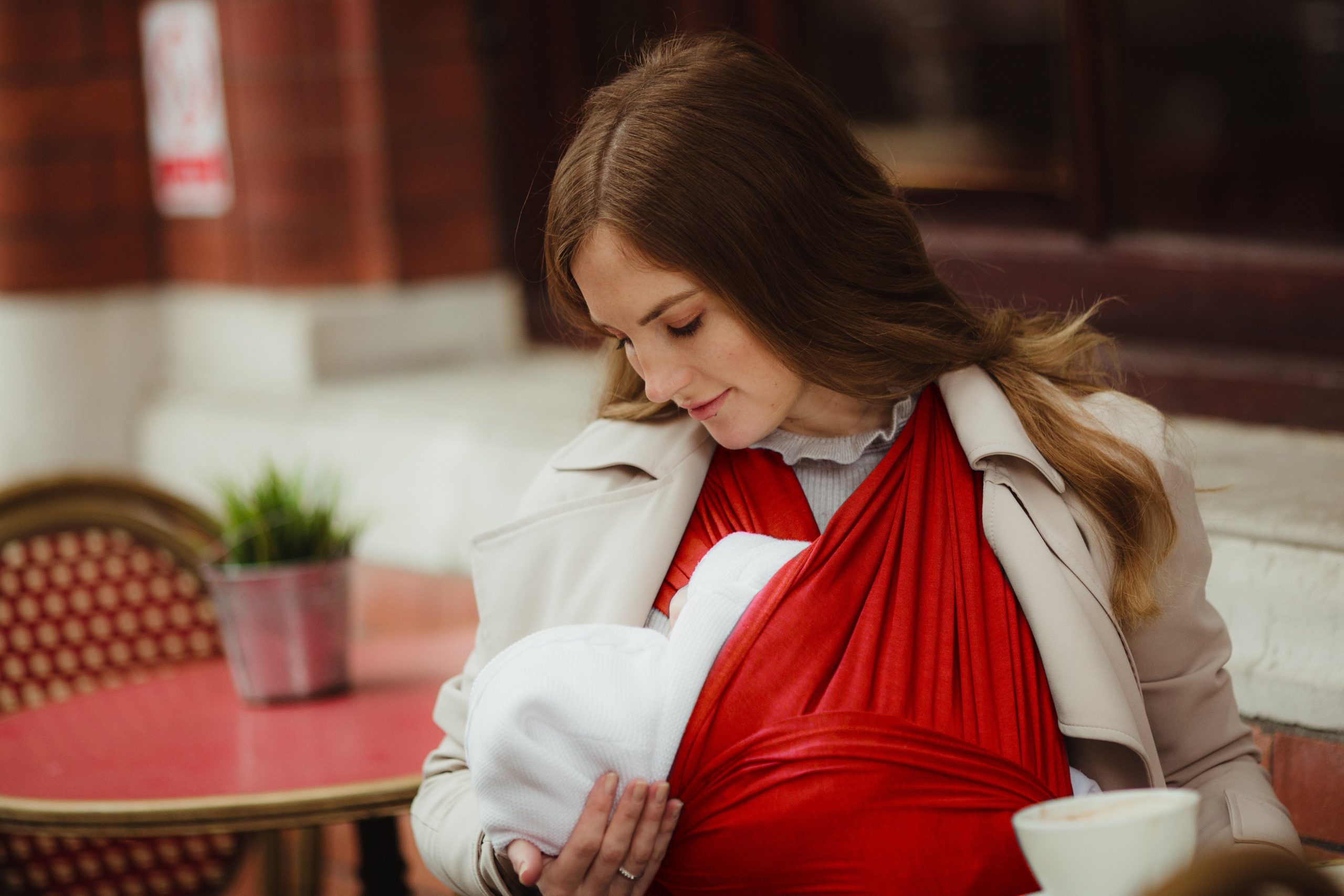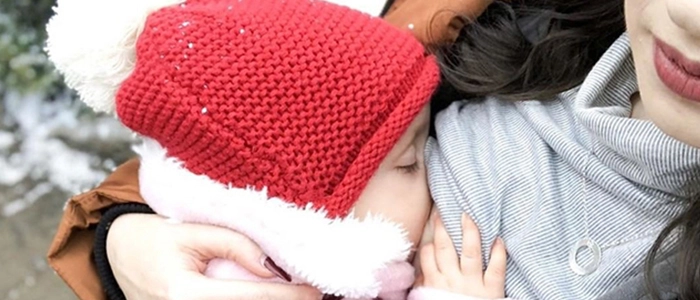
1. Prepare, Prepare, Prepare
Spend time before your baby arrives learning as much as you possibly can about breastfeeding. Attend a breastfeeding class, find out what support services are available locally to you, make a note of national breastfeeding helpline numbers and attach these to the fridge. Research common problems associated with breastfeeding i.e. engorgement, mastitis, sore nipples, low milk supply and make a bullet point list of how to overcome each. Finally, take a teddy bear and practice the various ways to hold a baby when breastfeeding.
2. Create a Breastfeeding Space
Before your baby arrives create a comfortable, relaxing space for breastfeeding. This can include a comfortable chair, breastfeeding pillow, side table for snacks and a drink, space for breast pads, burp cloths and anything else you think you’ll need.
3. Feed Within An Hour
Research shows that babies given their first feed within an hour after birth go on to breastfeed much more successfully. Even if this feed just involves a little nuzzle at the breast, this will tell your body that your baby has arrived and it’s time to start making breast milk. It will seem like you’re not making enough breast milk at first but remember a newborn baby’s stomach is only the size of a marble.
4. Don’t Wait to get Help
If something doesn’t feel right, or you can feel yourself starting to get sore then don’t wait around to see if things get better. Seek help from either your Midwife, Health Visitor or local support group. Seeking help early can save you weeks of pain and discomfort.

5. Babies Feed at Night – Babies need to feed around the clock, regardless of whether it’s night or day. When feeding at night you need to try to avoid stimulating your baby too much to ensure they drift back off to sleep quickly and easily after a feed.
6. Offer a Bottle at 4-6 Weeks – Whilst we know that breastfeeding is best for both mum and baby, it’s also well accepted that for many parents at some point in their breastfeeding journey, baby will need to have a bottle of either expressed breast milk or formula. It is therefore important that your baby also knows how to feed from a bottle. Introduce too early and it can interfere with establishing breastfeeding, too late and you’ve missed your window for your baby to learn this skill. The ideal time is at around 4-6 weeks of age, once your baby has accepted a bottle offer a feed this way roughly once each week to maintain the skill. Check out our formula preparation machine, Baby Brezza Formula Pro Advanced.
7. Invest in Lanolin – Lanolin based nipple creams will become your best friend. Invest in a tube during pregnancy and pack it in your hospital bag. Start using it as soon as you start to breastfeed to help heal sore, cracked nipples. It’s also great for chapped lips, baby eczema and dry skin!
8. Get Out & About – It’s normal to feel a little nervous at the prospect of leaving the house with your newborn, particularly if you’re breastfeeding. To make your life easier, try using a sling, which will make getting out and about simple. Choose one which also supports breastfeeding such as the Izmi Baby Wrap or Carrier which can also be used as breastfeeding support.
9. Make a DIY Hands-Free Bra – You don’t need to spend loads of money on a special bra for using a breast pump, instead buy a cheap comfortable sports bra and cut holes just big enough to fit the pump flanges. This way you’ll be able to multi-task whilst pumping!
Get Help If You Need It
If you are struggling with breastfeeding and need some advice then you can contact your local midwife or health visitor or go along to a breastfeeding drop in clinics around the country.
You can also find a information online or call the National Breastfeeding Helpline on 0300 100 0212 to speak to a highly trained volunteer who is also a mum who has breastfed. This independent, confidential service is non-judgemental and available from 9.30am-9.30pm every day so you can always access help if you need it.
The most important thing to remember is that ‘fed is best’ and however you feed your baby, whether breast or bottle, you are doing a fantastic job. Breastfeeding can be hard for lots of different reasons so don’t worry if you are finding it difficult, seek expert help if you need it and do what feels right for you and your baby.
If you have any breastfeeding tips of your own then we would love to hear from you! Get in touch with us on social media and share your tips with our community of parents…
Post by our Resident Midwife – Katie Hilton
Qualified & experienced midwife & health visitor
BSc Hons Midwifery & MSC SCPHN Health Visitor
Cheeky Rascals Limited is a company registered in England & Wales (registered number: 3933118) whose registered office is at Liss Mill, Mill Road, Liss, England, GU33 7BD. VAT number: GB GB689097664. ©2021. All rights reserved.